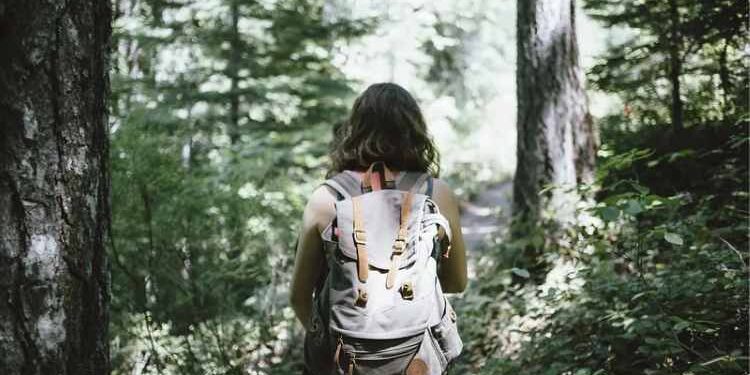Hiking is a great way to get away from the hustle and bustle of everyday life, explore new trails, and enjoy nature. Whether you’re a seasoned hiker or just getting started, it’s critical to be prepared for whatever comes your way. To ensure a safe and enjoyable hike, make sure you have the proper equipment and supplies in your backpack. Having the proper equipment can help to make your hike more comfortable and memorable. With that in mind, here’s a comprehensive list of what every hiker should pack in their backpack:
Water and Hydration System
Water is one of the most important things to bring on a hike. Staying hydrated is critical, especially on long hikes in hot weather. If you’ll be hiking in areas without access to potable water, bring a hydration system, such as a hydration bladder or a water bottle, as well as a water filtration system. A hydration system allows you to drink water without having to remove your backpack, which saves time and makes staying hydrated easier. Bring enough water to last the entire hike, taking into account the length of the hike and the weather conditions. To avoid dehydration, drink plenty of water throughout the hike.
Food and Snacks
It’s also critical to bring enough food and snacks to keep you going throughout the day. Energy bars, trail mix, dried fruit, and nuts are excellent choices that are easy to pack and take up little space in your backpack. Consider bringing a lightweight camping stove to cook meals if you’re going on a multi-day hike. Food should be stored in airtight containers or bags to avoid being crushed or ruined. Consider packing high-calorie snacks that are easy to digest and provide a quick energy boost when needed.
Helpful Tools
it’s important to bring the right navigation tools on your hike. A map and compass are a must, even if you have a GPS device or smartphone with GPS capabilities. Make sure you know how to use a map and compass, as GPS signals can be unreliable in remote areas. A headlamp or flashlight is also essential, especially if you plan to hike during the early morning or late evening. Also, strong OTF knives are a great addition to any hiking gear list, especially for longer and more remote hikes. A good quality OTF knife can be used for a variety of tasks, such as cutting rope, preparing food, or clearing a path. Make sure to choose a knife that is durable, easy to carry, and fits your specific needs as a hiker.
Clothing and Footwear
The right clothing and footwear can make or break a hiking trip. Dress in layers so that you can adjust to changing weather conditions. Cotton clothing is not recommended because it takes a long time to dry and can cause hypothermia if wet. Instead, choose quick-drying synthetic or wool fabrics. In terms of footwear, buy a good pair of hiking boots or shoes that fit well and provide adequate support and protection. Bring extra socks and foot powder with you to keep your feet dry and comfortable. In case of inclement weather, bring a waterproof and windproof jacket. Bring a hat and sunglasses to shield your face and eyes from the sun.
First Aid Kit
Any hiker should have a well-stocked first aid kit. Basic items such as bandages, gauze, antiseptic wipes, pain relievers, and any prescription medications you may require should be packed. It’s also a good idea to bring a small survival kit with you, which should include items such as a multi-tool, a fire starter, and a signal mirror. Consider including a snake bite kit, insect repellent, and sunscreen in your first aid kit, especially if you’ll be hiking in areas where these issues are more common. Bring a small personal first aid kit in case you get any minor cuts or blisters while hiking.
The proper equipment can make your hiking trip much more enjoyable and safe. By bringing these essential items, you will be prepared for anything that may arise and will be able to concentrate on enjoying the trail and the great outdoors. Happy hiking!
